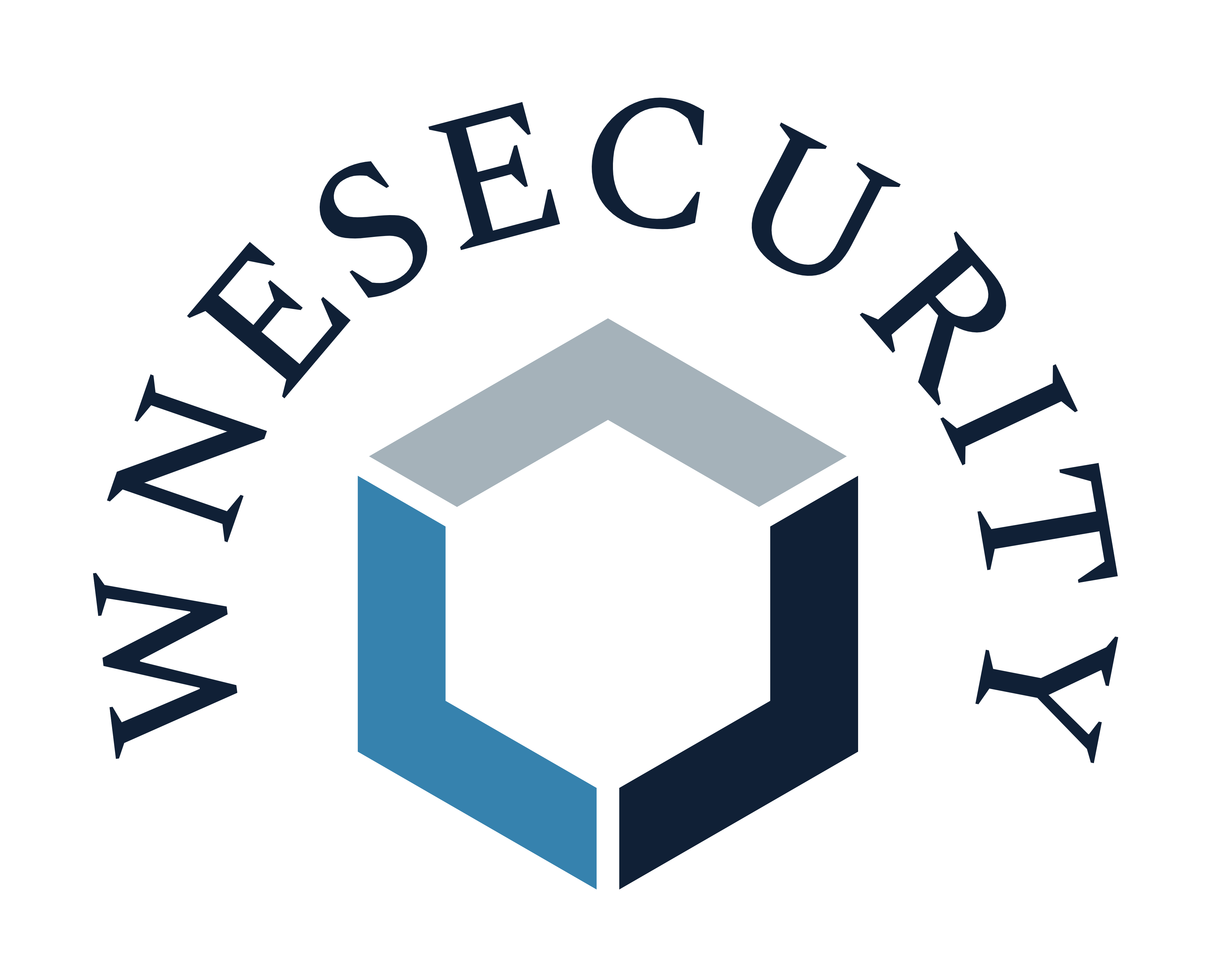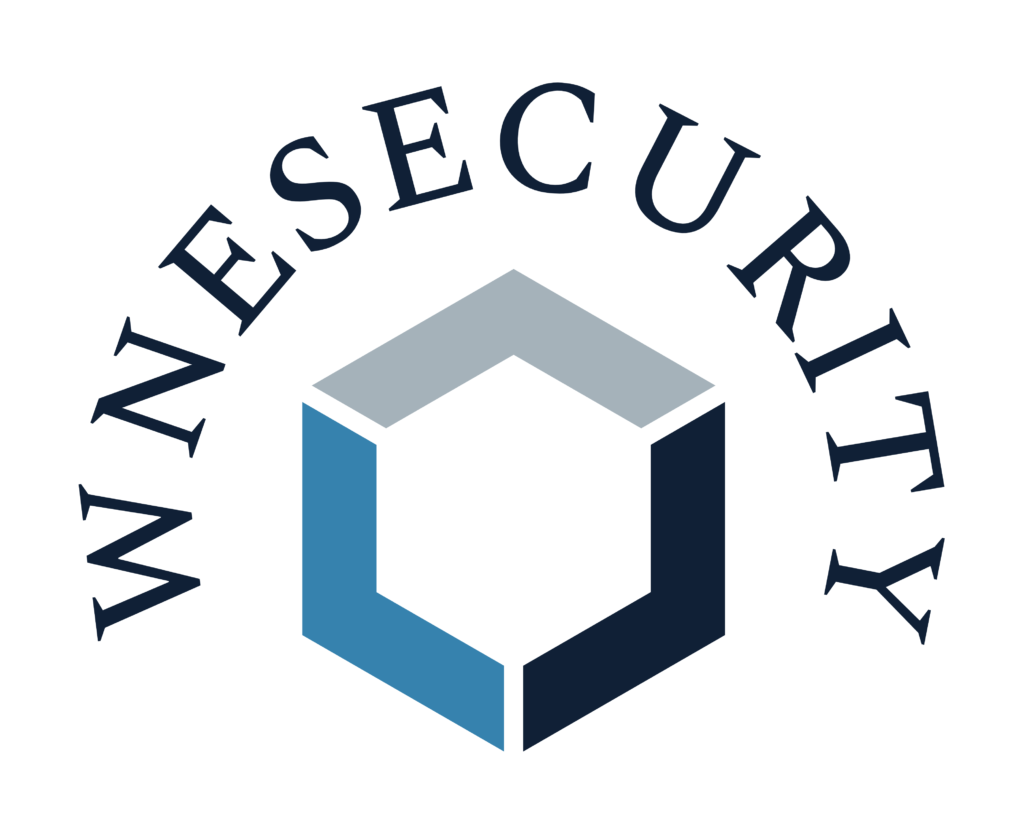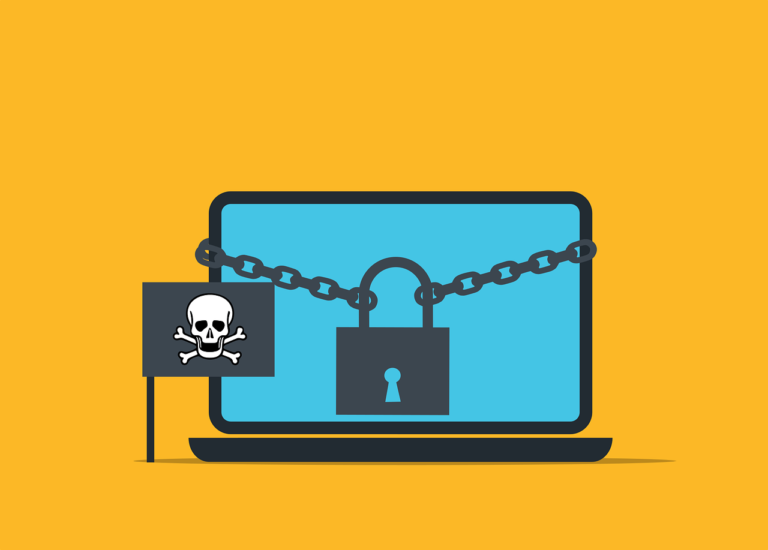WNE Security News
The most important cybersecurity news to stay up to date with
Quantum Computing Impact on Cybersecurity

WNE Security Publisher
1/10/2025

Learn about WNE Security consulting services and how we can help keep your organization cyber safe.
Many organizations wonder “How can my organization prepare for the changes quantum computing will bring to cybersecurity?” While the day that quantum computing has an effect on your organization’s cybersecurity process is still in the distant future, it’s still a good idea to have some understanding of how quantum computing will affect your organization’s cybersecurity posture.
Like all new threats in cybersecurity, the best place to learn more about what to do is to look towards the government and mimic their response to the threat. The “Quantum Computing Cybersecurity Preparedness Act,” recently enacted as Public Law No: 117-260, marks a significant legislative step in addressing the looming cybersecurity threats posed by quantum computing. This act mandates the transition of federal agencies’ information technology systems to post-quantum cryptography, preparing the United States for a future where traditional encryption methods are rendered obsolete by quantum computing’s immense processing power.
Quantum computing, a technological breakthrough capable of performing calculations in parallel, presents a dual-edged sword. On one hand, it offers unprecedented computational capabilities, accelerating scientific and technological advancements. On the other hand, it poses a significant threat to current cybersecurity measures, particularly encryption protocols. As highlighted in recent discussions and analyses, such as the “Quantum Computing and the Looming Threat to Critical Infrastructure” article on Medriva and the “How Quantum Computing Will Impact Cybersecurity” piece on SecurityWeek, quantum computers can potentially break existing cryptographic systems, leaving critical infrastructure, including power utilities, hospitals, and financial institutions, vulnerable to cyberattacks.
The “Quantum Computing Cybersecurity Preparedness Act” is a proactive measure to mitigate these risks. It underscores the urgency of developing and implementing quantum-resistant algorithms and encryption methods. This act not only prepares federal agencies but also sets a precedent for the private sector and other nations to follow suit in strengthening their cybersecurity postures against quantum threats.
As quantum computing advances, the cybersecurity landscape is bound to evolve. Organizations must assess their current security measures, develop quantum roadmaps, and invest in quantum-safe solutions to protect sensitive data and infrastructure. The act serves as a crucial framework, guiding efforts to safeguard against quantum computing’s potential to disrupt cybersecurity norms.
While the “Quantum Computing Cybersecurity Preparedness Act” represents a critical step in addressing the cybersecurity challenges of the quantum computing era. As quantum technology continues to develop, staying ahead of its implications on cybersecurity will be paramount for national security, corporate safety, and privacy compliance. This act is a testament to the need for continuous vigilance and adaptation in the face of rapidly evolving technological landscapes.
The enactment of the “Quantum Computing Cybersecurity Preparedness Act” not only impacts federal agencies but also serves as a call to action for businesses and individuals to bolster their cybersecurity measures in the face of quantum computing advancements. To prepare effectively, organizations and individuals should take the following steps:
Assess Current Cybersecurity Posture: Conduct a thorough review of existing cybersecurity practices and identify areas vulnerable to quantum computing attacks such as encryption methods used by your organization. Currently your organization should be using AES encryption, however, this could very well change in the not so far future.
Foundational Readiness: When quantum computing begins to take form, many security vendors will see to creating products to aid your organization’s security. Inorder to be prepared to implement these changes, it will likely be necessary to have relatively new software that will be capable of handling these new security products. Keeping your environment to the latest version possible, is one of the best steps that can be taken to prepare for rapid change.
Stay Informed and Agile: Keep abreast of developments in quantum computing and cybersecurity, and be prepared to adapt quickly to new threats and technologies. Engaging in partnerships and information-sharing with other organizations, cybersecurity experts, and government agencies to collectively strengthen defenses against quantum threats. Ensure that necessary staff are aware of the potential impacts of quantum computing on cybersecurity and provide training on new security protocols and practices.
Given the rapid pace of quantum computing development, it is prudent for businesses and individuals to start preparing now. While it is challenging to predict an exact timeline, significant advancements in quantum computing could occur within the next decade. Therefore, a realistic timeframe for businesses and individuals to start implementing these measures would be within the next 2-5 years, allowing sufficient time to adapt to the evolving cybersecurity landscape shaped by quantum computing.
Learn more about WNE Security products and services that can help keep you cyber safe.
Learn about WNE Security consulting services and how we can help keep your organization cyber safe.

Stay updated with WNEsecurity’s news section for the latest in cybersecurity trends, threats, and protection measures.



